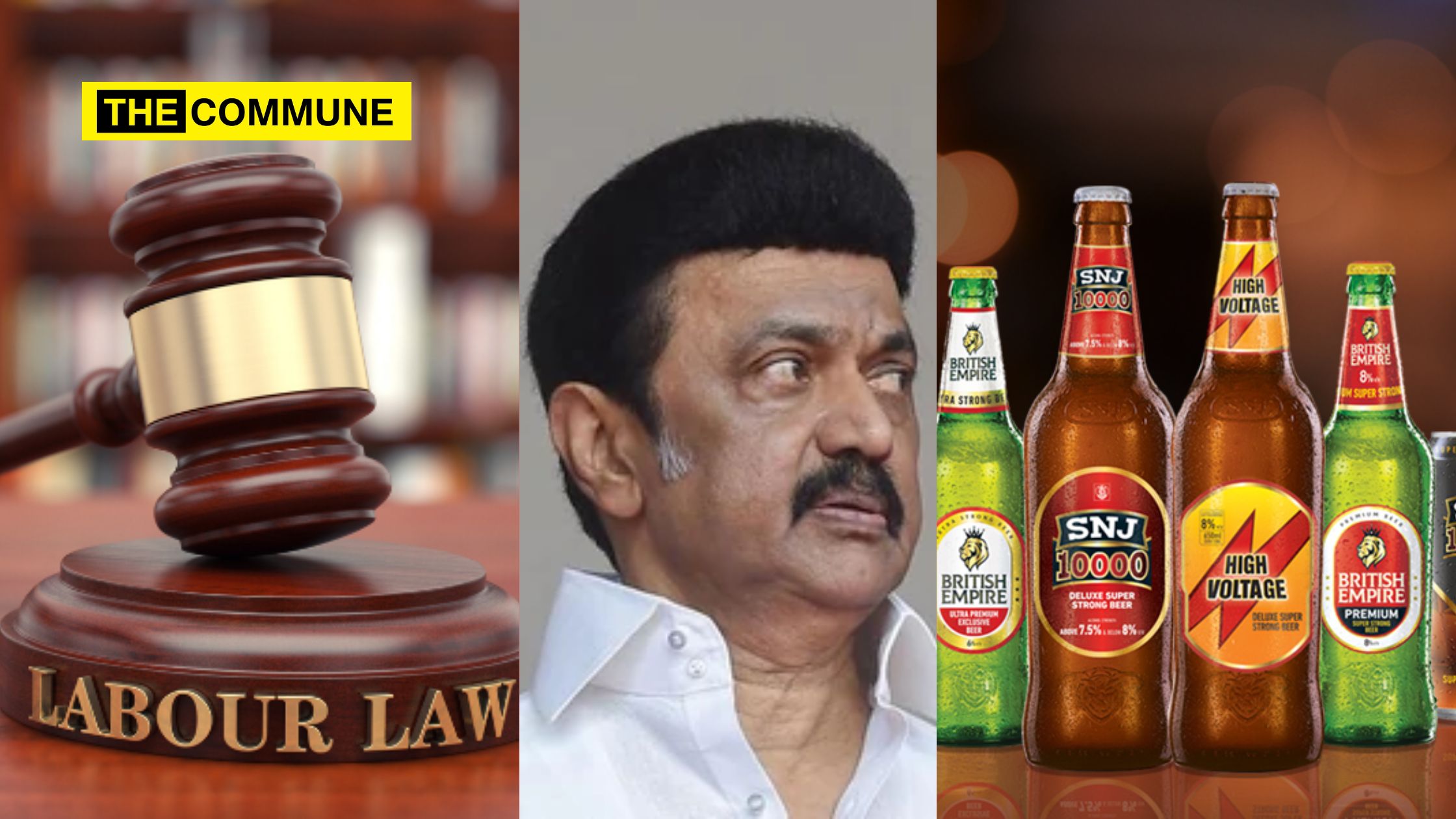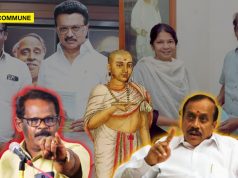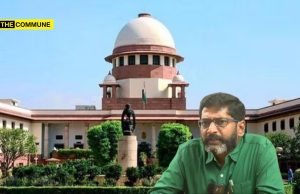
Following pressure from alliance partners, the MK Stalin-led DMK government in Tamil Nadu has made yet another U-Turn on labour law amendments, halting implementation of recently amended labour laws that allow for 12 hour work shifts.
The Tamil Nadu Assembly on April 22nd passed the Factories (Amendment) Act 2023, which provides flexible working hours for employees in factories throughout the state, despite protests and claims by several parties that the Act would increase mandatory working hours from 8 hours to 12 hours.
The passage of the labour law was seen as a U-turn by the DMK, as they had previously opposed amending labour laws to increase working hours while being as an opposition party in 2020.
In a what can be called a 360∘ turn, the DMK government has now halted the implementation of an amended labour law that would have increased working hours from 8 to 12 hours. The implementation was halted within two days of the amendments being approved by a majority of the assembly.
When the bill was brought up for discussion on the final day of the Assembly session, DMK’s allies namely – the Left parties, the Congress, and Viduthalai Chiruthaigal Katchi (VCK) – staged a walkout. As the ruling DMK enjoyed a majority in the Tamil Nadu assembly, the bill was passed by voice vote. The government was backed by allies such as the Marumalarchi Dravida Munnetra Kazhagam (MDMK).
However, while in opposition in 2020, MK Stalin opposed the BJP-led state governments’ amendment of labour laws to increase work hours from 8 to 12 hours. In 2020, the BJP-ruled states of Madhya Pradesh and Uttar Pradesh decided to stay some of the provisions of the labour laws for three years while also announcing a series of changes to boost investments harmed by COVID-19. Gujarat joined the league after relaxing some labour laws and increasing working hours from 8 to 12 hours.
Opposing changes to labour laws by BJP governments in 2020, MK Stalin said, “The Prime Minister should issue a special advisory to all state governments, at least in his capacity as Chairperson of National Disaster Management Authority, that factories must abide by all labour laws and that no state government should disregard any of them.”
He described the amendments as “anti-worker and anti-people autocratic measures,” claiming that they extended the 8-hour workday to 12 hours and denied workers’ rights and protection.
“From the beginning, the BJP government has refused to acknowledge that workers are the backbone of the economy. They are now siding with the employers in order to exploit the workers’ hard work,” Stalin said. “Dispensing with the labour laws only reveals the dangerous ulterior motive of the BJP governments,” Stalin added.
In another U-Turn, Senthilbalaji, the DMK Minister in-charge of liquor sales in Tamil Nadu announced that marriage halls won’t be provided license to serve liquor.
This U-Turn came after the DMK government passed a GO that allowed for serving liquor in conference halls, convention centers, marriage halls, banquet halls, sports stadiums, and household functions if they get special license.
According to the GO, “F.L.12 special license for possession of liquor and serving to the guests, visitors and participants in the international/national summits and events/conferences/celebrations/festivals, etc.”
The DMK government’s GO has received criticism from all sections of the general public as well as opposition parties.
Following this, Liquor Minister Senthilbalaji stated that marriage halls won’t be allowed to serve liquor. However, this has just been an oral statement from the Minister and is yet to be backed by a GO.
#BREAKING | திருமண மண்டபத்தில் மது அருந்த அனுமதியில்லை – செந்தில் பாலாஜி#SenthilBalaji | #MarriageHall | #Alcohol pic.twitter.com/VeJtcY1FeQ
— PuthiyathalaimuraiTV (@PTTVOnlineNews) April 24, 2023
The DMK government has made 2 U-Turns in one day with one of the U-Turn resulting in a complete 360* turn.
(with inputs from Thanthi TV)
Click here to subscribe to The Commune on Telegram and get the best stories of the day delivered to you personally.




